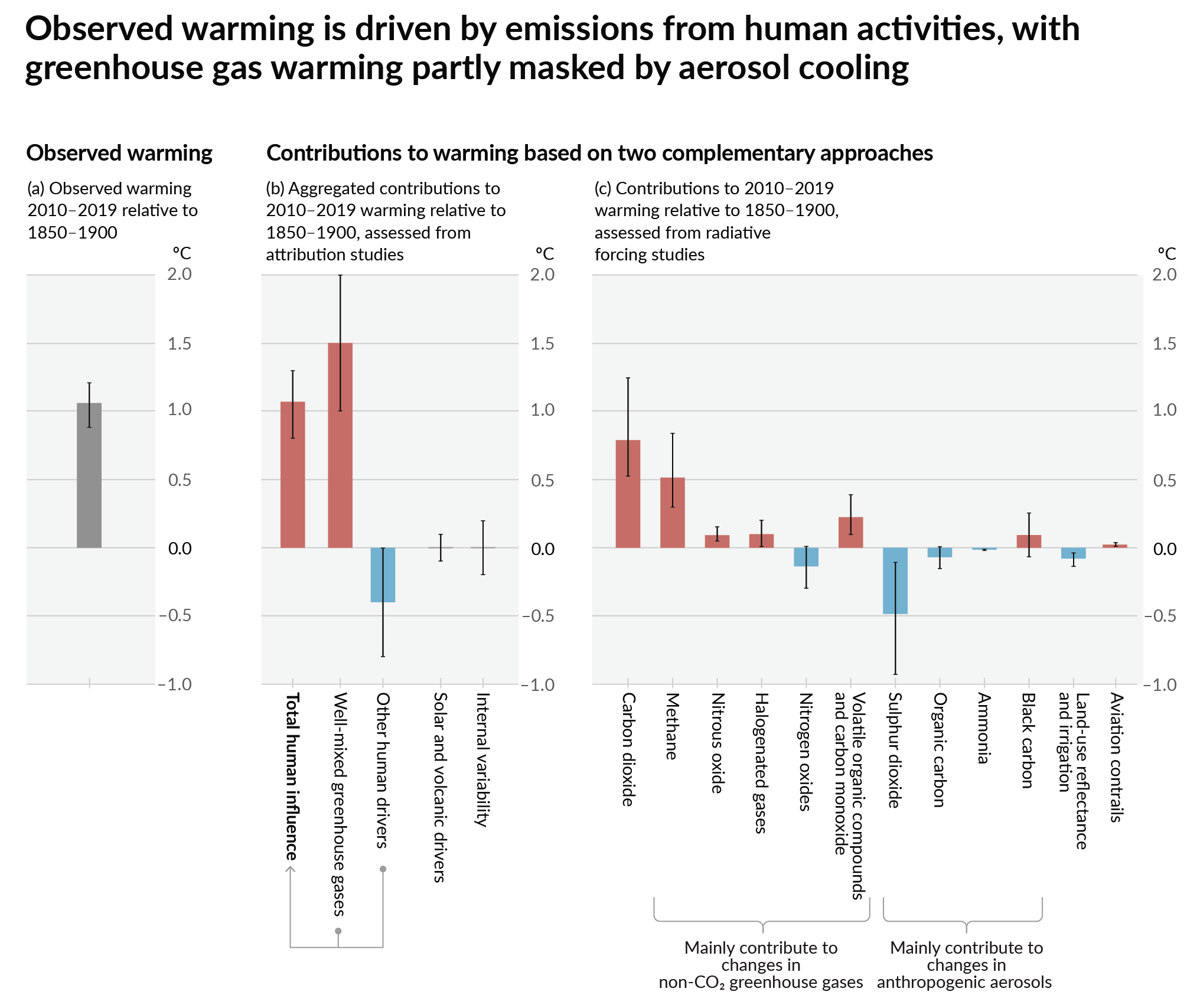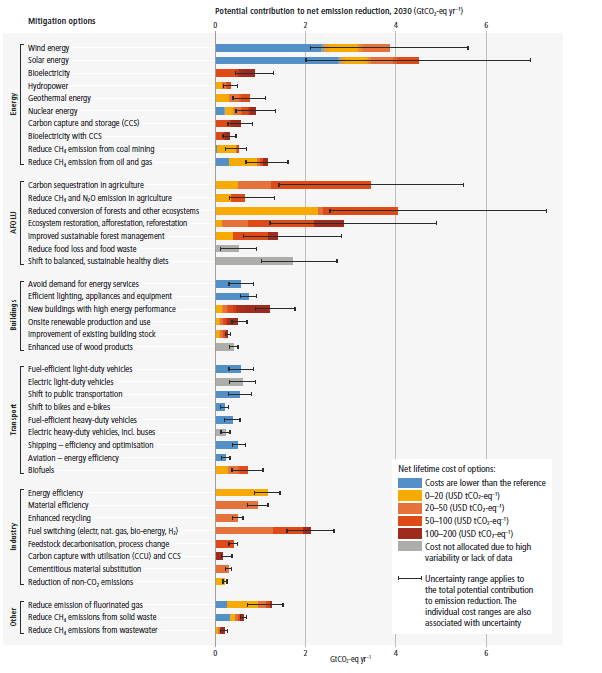this post was submitted on 03 Apr 2025
11 points (86.7% liked)
Climate - truthful information about climate, related activism and politics.
6322 readers
447 users here now
Discussion of climate, how it is changing, activism around that, the politics, and the energy systems change we need in order to stabilize things.
As a starting point, the burning of fossil fuels, and to a lesser extent deforestation and release of methane are responsible for the warming in recent decades:

How much each change to the atmosphere has warmed the world:

Recommended actions to cut greenhouse gas emissions in the near future:

Anti-science, inactivism, and unsupported conspiracy theories are not ok here.
founded 2 years ago
MODERATORS
you are viewing a single comment's thread
view the rest of the comments
view the rest of the comments
This is a great response. Nuclear plants are expensive to build, and the waste is difficult to deal with.
What it doesn't touch on is the functional aspect - the advantage (and disadvantage) of nuclear power is that it provides a very steady "base load" power supply, something renewables struggle with.
Regions with good access to natural solar and wind resources throughout the year, as well as those fortunate enough to have geothermal or hydro power (which has its own environmental drawbacks) can provide stable sustainable power supplies with minimal storage, but when the goal is zero emissions, getting that last 10-20% reduction at scale in many locations is incredibly difficult.
Having a power supply that's always providing a steady stream of power, even when the Sun and wind are down, can dramatically reduce the amount of storage you need. For places where it's appropriate, nuclear can help fill this void, but only after getting like 90% of the way to the finish line with renewables.
You are correct. I only talked about nuclear, I didn't do a comparison.
About the base load for starters I could suggest the following article:
That's not a bad article, but it's largely focused on debunking claims about renewables on today's grid (e.g., the false claims that they have somehow been responsible for blackouts in CA and TX).
I generally agree with the articles points, but what I'm talking about is a future grid with 90%+ renewable generation and limited geothermal/hydro resources.
It's purely a hypothetical at the moment because no one has come close and technology could advance quite a bit before the grid even reaches those limits.
That said, based on today's technology, under the right circumstances, nuclear can provide a cost effective means of closing the final gap in reaching zero-carbon electricity, but only AFTER we do the bulk of the work solving the other 90% of the problem which is installing more renewables and storage.